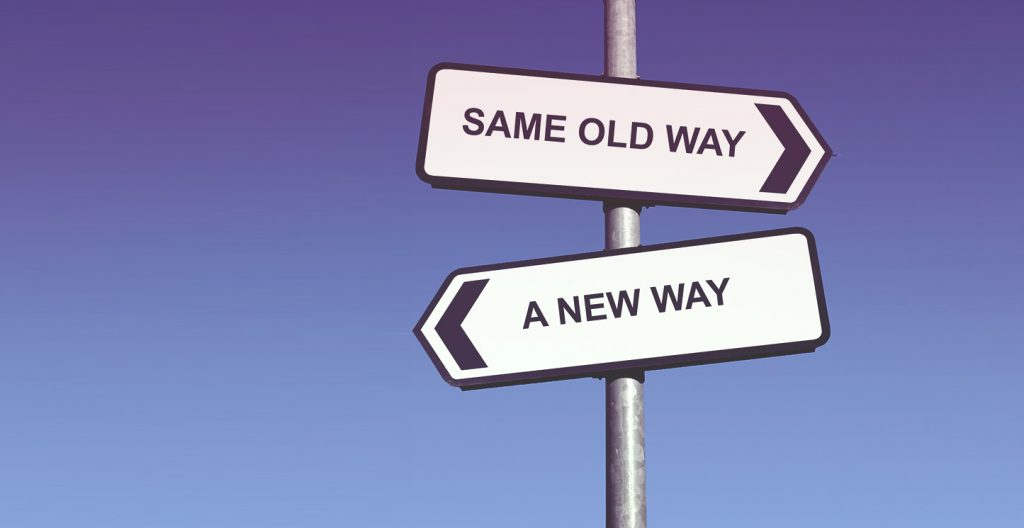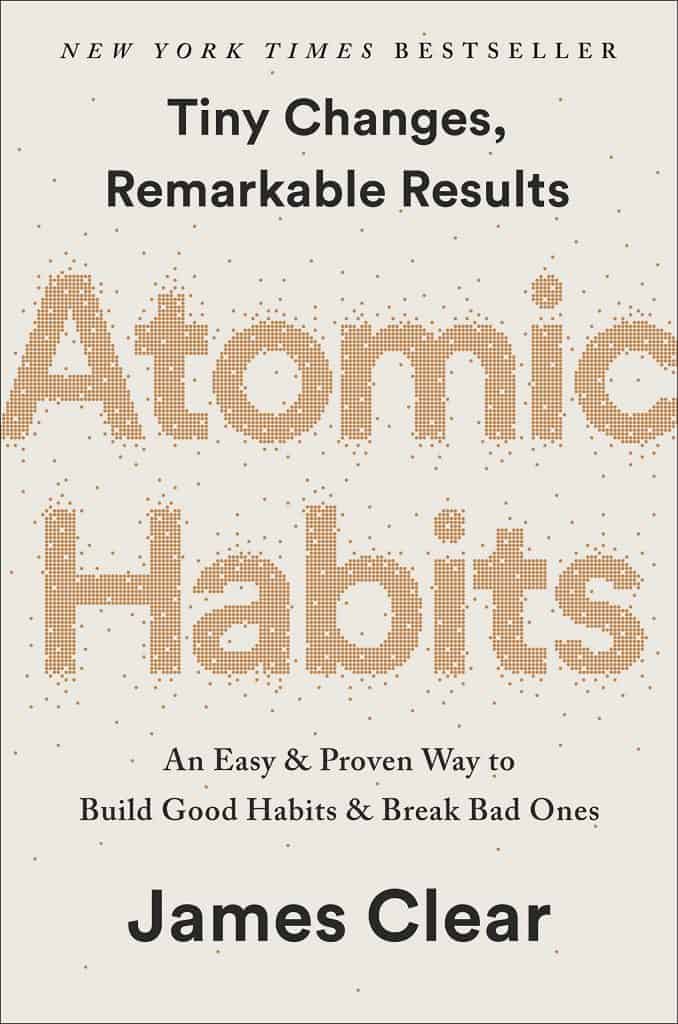Rich Roll recently did a podcast with James Clear about his book Atomic Habits . It’s a great listen. I find it so interesting why sometimes making a change is easy and sometimes it seems impossible. I enjoyed it so much I want to give you a little breakdown of it. Here are a few snippets from the podcast –
What is a habit?
A habit is a behaviour that’s been repeated enough times to become automatic.
Habits are not the solution, they solve a reoccurring problem.
Creating a habit is the desire for a change in state. To be less anxious, get approval, to not be abandoned by the tribe.
Outcomes are lagging measure of your habits. Example – to be fit, you have to create a habit of exercising.
Habits are about identity. It’s about the person you believe you are or want to be. You need the beliefs and behaviours of that type of person.
Change your environment
A habit has to be attractive to work.
This can be dependent on people around you. Humans want to be part of a tribe. It’s about shared expectations. When you belong to a group, your habits are aligned and that is very attractive.
Join a group where the desired behaviour is the normal behaviour. This makes it hard to behave otherwise. To change your habits – change your tribe. The tribe creates affirmation, approval and provides encouragement.
Behaviours are about convenience and ease. It’s about reducing the steps between you and a good habit. Example – to stop using your phone in bed or when you should be with your kids. Put it in another room. It’s an easy step.
It’s not always about working harder. Example – if you turn on a hosepipe and no water is coming out, do you turn the valve more or do you remove the bend in the pipe.
Modern World
We have created a world where we spend so much energy trying to get over the issues we’ve make for ourselves. We distract ourselves with mobile/cell phones, and then look for ways to reduce our usage. We buy stuff to sidetrack ourselves from bigger issues. We then create habits to minimise and create simplicity. We are fighting things we didn’t have to fight before. We work for companies that sell us all these things, then spend the rest of our daily life’s avoiding them.
Scaling a habit down
Use James’s 2 minute rule. Example – go to the gym for 5 minutes. It sounds crazy, but this creates the habit of showing up every day.
We search for the perfect plan but forget the first step. Make it as easy as possible to get started.
We overestimate what they can do in a day, but underestimate what you can do in a year. It’s hard to see progress on a daily basis, but if you create a lifestyle you will see the results.
It can feel as if “Nothing is happening”. However, that work is not wasted, it’s stored. The most powerful outcomes are delayed. A metaphor used was – put an ice cube in a cold room and nothing happens. Put the temperature up 1 degree, then 2, then 3 and more and nothing happens. Then 1 more degree and suddenly the ice melts and there is a dramatic change in state.
Habits that are immediately satisfying get repeated. Habits that are not satisfying get avoided.
Never miss twice
Habits are about momentum. All habit streaks end at some point. The first miss doesn’t ruin it; it’s the second miss that does the damage and can lead to slipping further.
Creation of good habits stops bad habits. Example – going to the gym in the evening or going home to watch TV. Focus on getting home, getting changing and going to the gym. This instantly stops you watching TV. The good habit stops the bad habit.
Behaviours work in bundles and can work in good and bad ways. Pull one thread and they all come down or up. Habits get compounded.
- Good example – You go to the gym, get home and eat something good (as not to waste the work at the gym), then got to bed early. The gym, good food and early night all lead to sleeping better.
- Bad example – Instead of going to the gym, you go out and drink, then get some takeaway on the way home and end up going to bed late. You sleep poorly.
Goals and Identity
You need to identify the correct goal.
Goals are about identity. Example – if you have a running goal. The goal should be to become a runner. To become the person you want to be. It’s not about the race or finish line, but the journey. How do you become the type of person who regularly goes running?
Goals set a sense of direction. You then need to focus on system and habits.
We have become goal obsessed. We focus 90% on the goal and 10% on the process. Only after the outcome is when it becomes a story. Example – A person eats salad every day and loses 100 lbs. The headline is “Person loses 100 lbs” is the story after the fact. The story that a person eats salad every day gets missed.
We should set the goal and then forget about it. We should focus on the next thing. An Olympic Gold medallist set that goal 10 yrs ago. They focus on the daily sessions and weekly program.
Goals are useful for clarity but do not determine much – habits are the useful bit.
Goals are temporary, identity is permanent. Example – Cleaning a room for a moment, doesn’t change the habit of being tidy. If you don’t identify as a tidy person the room will soon be messy again.
We only think about the outcome. If we want six-pack abs or a PB running time – we don’t think about the lifestyle involved in those changes. Do you want the whole lifestyle? Can you live that lifestyle?
James Clear’s Takeaways
- Mindset – try to be 1% better each day. Understand the compound effect.
- Practical – apply the 2-minute rule. Scale habits down to the first 2 minutes of the behaviour. Start really small. Example – Pulling your running shoes on, then getting out the door.
My Takeaways
There are a lot of ideas from the podcast and the book. I don’t think you can implement them all at once. I’ve previously talked before about focusing on “One thing” . My one (possibly two!) thing(s) would be identity. Create the habits of the person you want to be and live that lifestyle. To create the identity as a runner you need to form the habits of – going to parkrun every week or running 3 or more times a week. The results will then come.
Your social environment is also important in this. I have found this at BMF. Being surround by like-minded people with similar goals and expectations drives me forward and helps form my identity. My friends all taking up cycling means I regularly go riding with them and also cycle regularly to work.
I’ve taken a step back from self-help books recently (they can become a tool for procrastination) but anthropology and habits in particularly really interest me. The book has plenty of 5-star reviews and I will definitely be purchasing the book.





